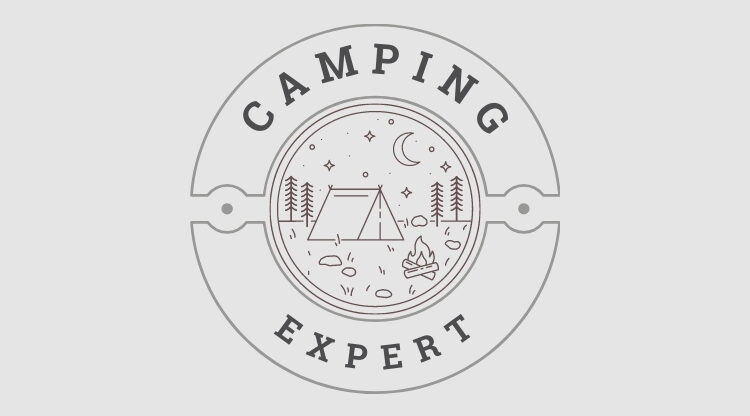There are a few things that one must remember when going on a camping holiday and the most important one is that you are using areas of the countryside, areas of outstanding nature beauty, as a temporary base for your holiday however long or short a period of time that may be.
In this era of climate change and environmental awareness it is worth considering the effect your camping will have on the area around you while you are there. Will you be upsetting wildlife, will you be polluting an otherwise unpolluted area and what will the effects of your camping be once your have left?
Taking these factors into consideration is very important in order for you to enjoy your camping trip and ensuring that the area of natural habitat around you remains as unchanged as is humanly possible.
With this in mind it is important to consider the reasons behind using Biodegradable products.
What are Biodegradable Products?
Biodegradable products are products which can decompose or dissolve whilst causing the minimum amount of damage to the environment around them. Nowadays most of the products we use from foods to food packaging, carrier bags to compost are biodegradable in order to minimise the disruption to the area around them.
Such products include:
- Bottled Waters
- Supermarket Carrier Bags
- Milk containers
- Plastic carbonated drinks bottles
- Plastic tags and bindings
- Takeaway cartons
Disposing of Biodegradable Products
When camping – or indeed whilst involved in any other outdoor pursuit – it is important to make sure that all of your waste products are disposed of in the correct fashion. The importance of this is two-fold:
- To prevent damage to the surrounding environment
- To prevent harm to animals and wildlife
Many biodegradable products will decompose over a period of time and become nothing more than mulch which is then absorbed into the ground however you should be aware of the dangers that some products can pose.
For example when disposing of the plastic bindings that hold cans or bottles together it is important to remember the dangers they can cause to woodland creatures such as rabbits, hedgehogs and badgers. These animals can become ensnared in these bindings and can strangle themselves.
Likewise bottle tops or ring-pulls from cans can be swallowed or caught in the throats of these animals and they can choke on them. Similarly wild fowl and birds can suffer a similar fate or can carry these items back to their nests to use as bedding unaware of the dangers they can pose to their young.
When camping – or as we have already mentioned participating in other outdoor pursuits – it is important to make sure that you dispose of as much of your litter as is possible.
The best way in which to do this is to gather it up in a bin liner or box and return it to the city where you can dispose of it in your own household waste.
Most camping grounds have large recycling bins available so you can separate out your rubbish and in forest and woodland areas where picnic sites are available there are usually bins with secure lids so that you can dispose of your litter without it being a potential threat to wildlife.
It is also advisable that if you are going to eat in and around these areas that all of your food waste is securing bagged up and placed in the correct bins or brought back to town with you, thus reducing the temptation for local wildlife to forage around areas inhabited by humans.
These simple steps – if followed – can reduce the danger to animals and the countryside thus making it a safer place for all.
